Turning Grief into Purpose
Nearly three years have passed since Betsy Stephenson received the devastating news that would change her life forever—her 21-year-old son, Charlie, had taken his own life. His death, on July 10, 2022, came just hours after he texted his mom, “I’m doing awesome. Love you. Good night.”
Now, the Alexandria, Virginia, mother has channeled her heartbreak into something powerful. In her new book, Blackbird, Stephenson shares her family’s raw, unfiltered experience of loss in hopes of sparking honest conversations about mental illness, suicide, and grief.
“I’m Going to Lay It All Out”
From the beginning, Stephenson made the difficult yet deliberate choice to be open about Charlie’s cause of death. That decision, she believes, was vital—not only for her own healing but also for those around her.
“To me, that was one of the objectives of the book,” Stephenson said. “I’m going to lay it all out.”
Charlie was a student at Texas Christian University and lived with roommates in Fort Worth, Texas, where he was found following his suicide. After the tragic news reached his family, his sisters rushed home to Alexandria to grieve together.
The Power of Transparency
Faced with the unbearable loss, the family asked themselves an immediate and difficult question: Should they be honest about how Charlie died?
“It was a quick and unanimous decision,” Stephenson said. “And yet, I don’t think at the time we realized how momentous it was for all of us.”
By being transparent, they lifted what Stephenson describes as the “burden of secrecy” that often accompanies suicide.
“We also realized over time it helped our community support us … because they didn’t have to dance around it either.”
A Conversation That Resonated
The openness began with a heartfelt Facebook post, where Stephenson publicly acknowledged Charlie’s death and his battle with depression. The post quickly resonated with others who had also experienced suicide but felt unable to talk about it.
“People were messaging and saying, ‘Yeah, you know, I lost someone to suicide, too, but we don’t talk about it,’” she recalled.
That response became the seed for her book, which Stephenson wrote as a way to process not only her own emotions, but also the larger questions surrounding mental health and how society treats grief.
A Text Message That Haunts
One of the most chilling moments Stephenson explores in Blackbird is the final text exchange she had with Charlie. That night, she wrote, “Good night bub. Hope you’re doing great. Love you.”
Charlie’s response: “I’m doing awesome. Love you good night.”
“It’s terrifying to think you can text your son on a Saturday night who says ‘I’m doing great, love you,’ and then the next morning he’s dead,” Stephenson said. “I don’t want to scare people, but to me, that is the perfect example of why depression and anxiety are so sneaky and powerful.”
Grief as a Lifelong Journey
Stephenson describes grief not as something to be conquered, but something to be lived with.
“I really looked at grief and considered it a job,” she explained. “I’m going to undertake this … This is a part of who I am. It will be with me forever. How am I going to live with it? How am I going to put myself back together?”
A Mission to Help Others
Through Blackbird and her author talks, Stephenson hopes to break the silence around suicide and mental health. Her greatest wish is that by sharing her family’s pain, she might help someone else recognize the signs of depression, open up difficult conversations, or even prevent a tragedy.
“Talking about it doesn’t bring Charlie back,” she said, “but maybe it can save someone else’s son or daughter.”
For Betsy Stephenson, storytelling has become a form of survival—and an offering of hope.

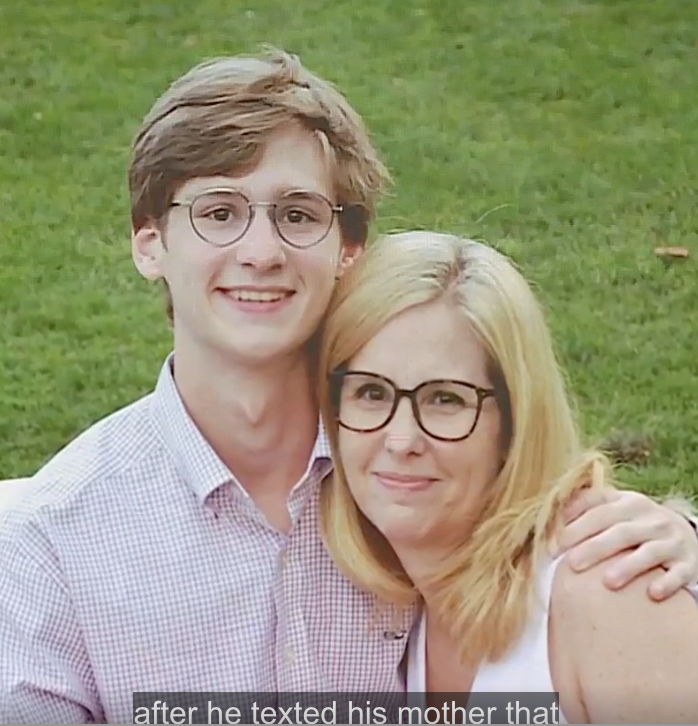

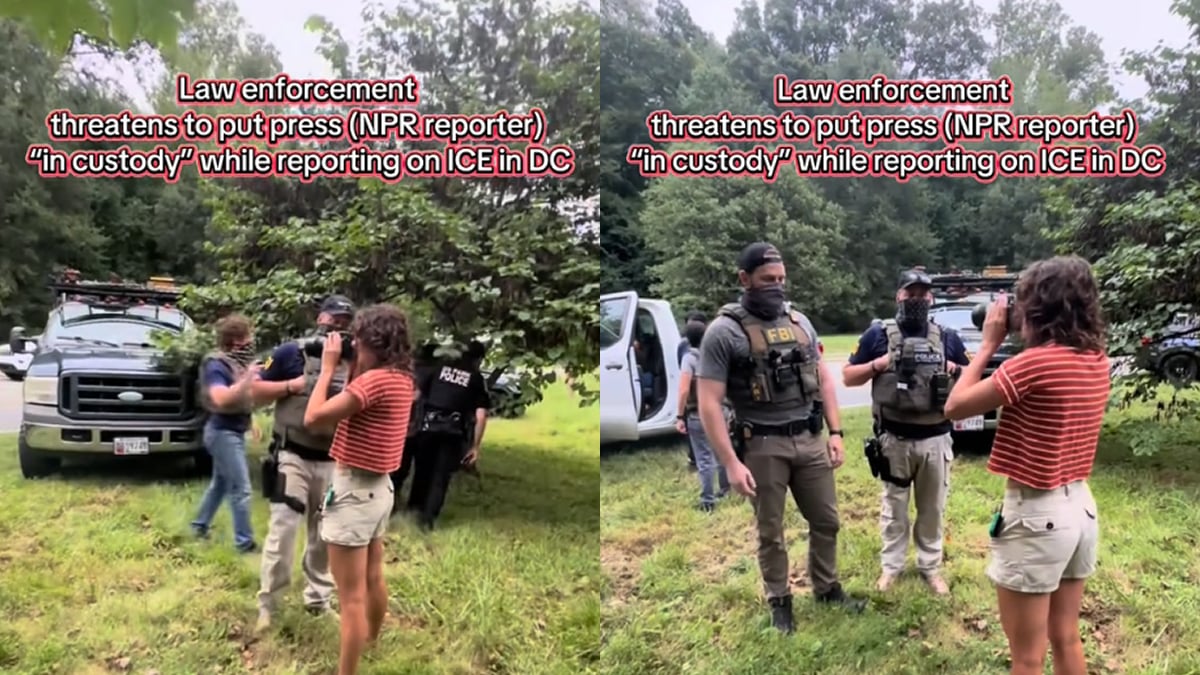


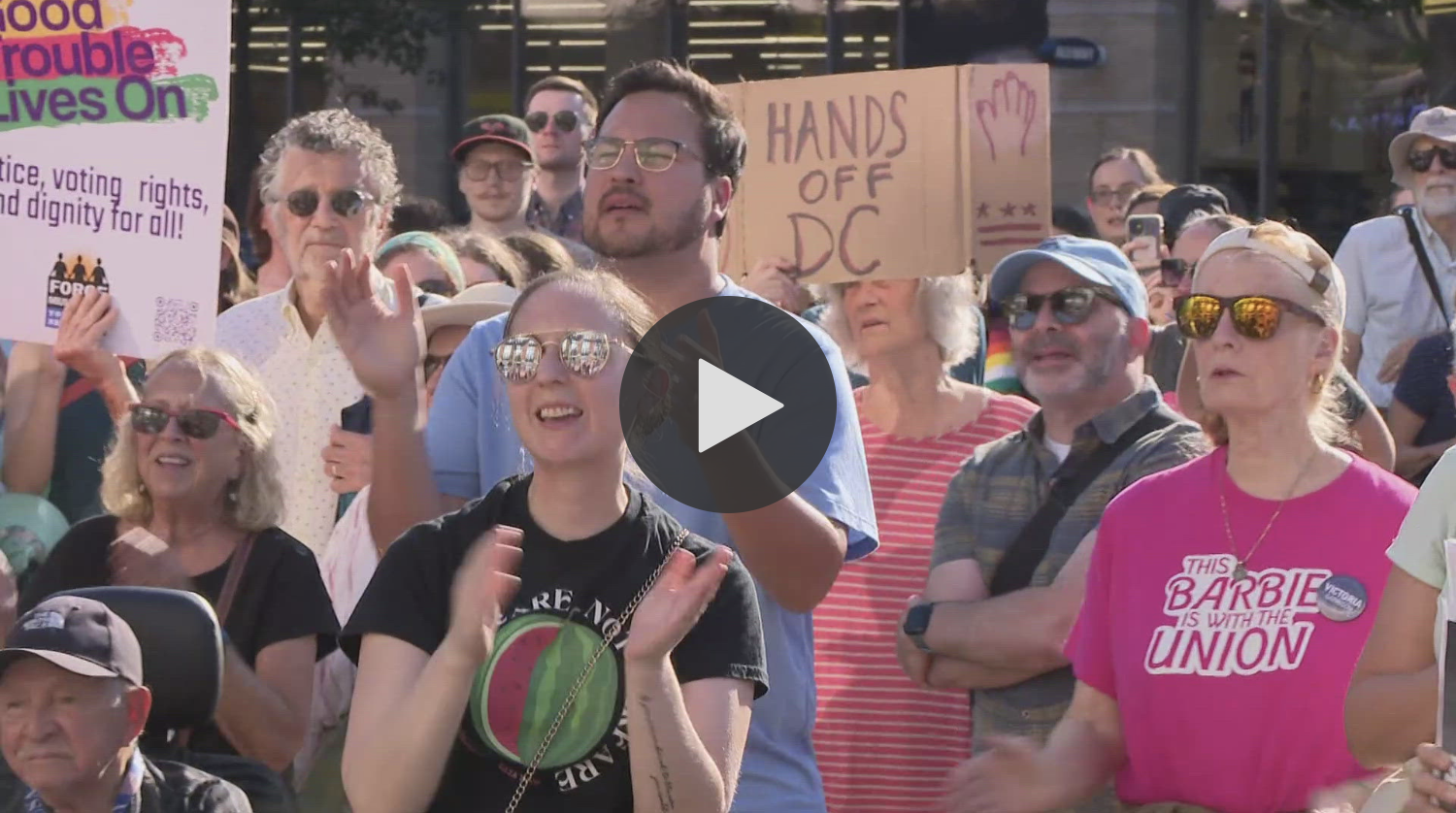



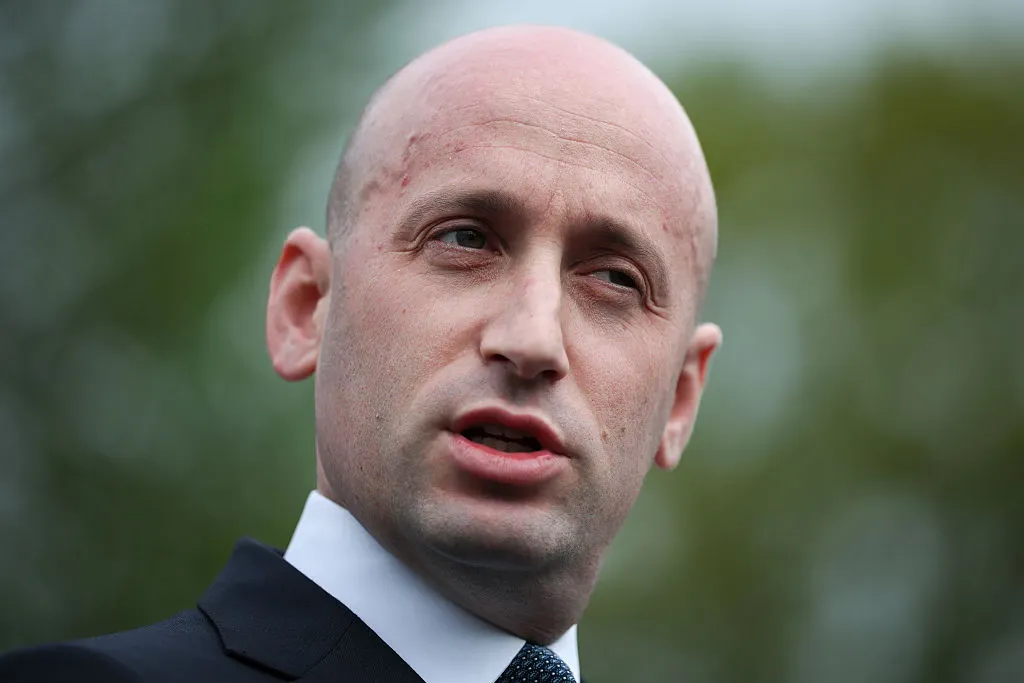
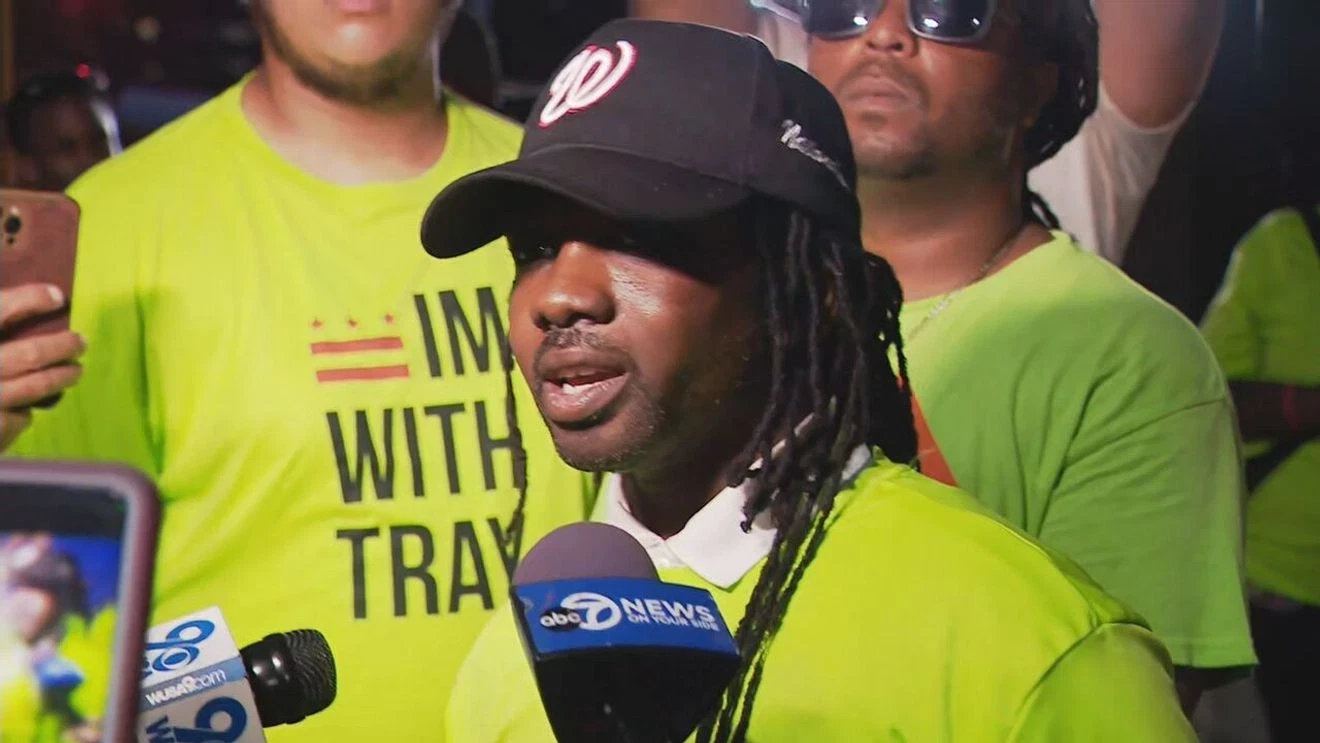
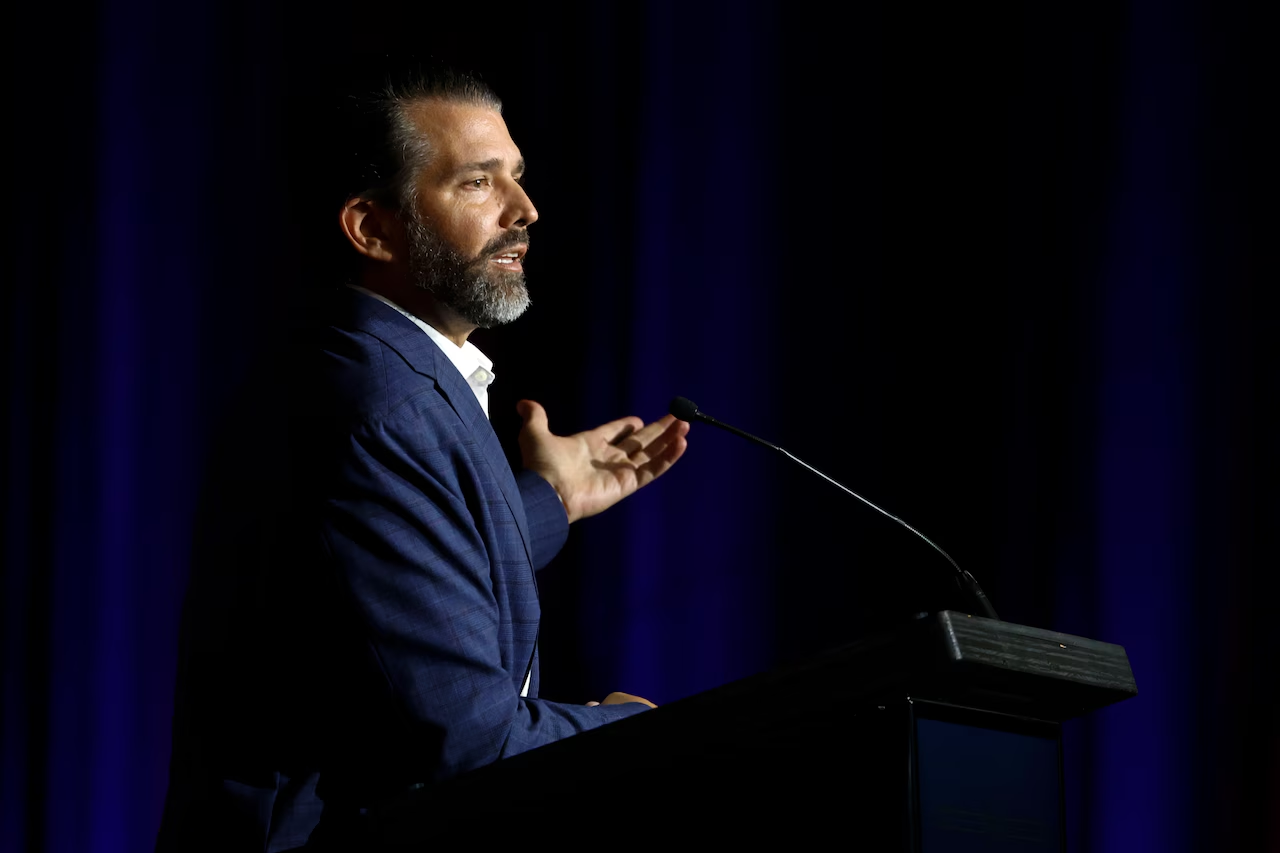
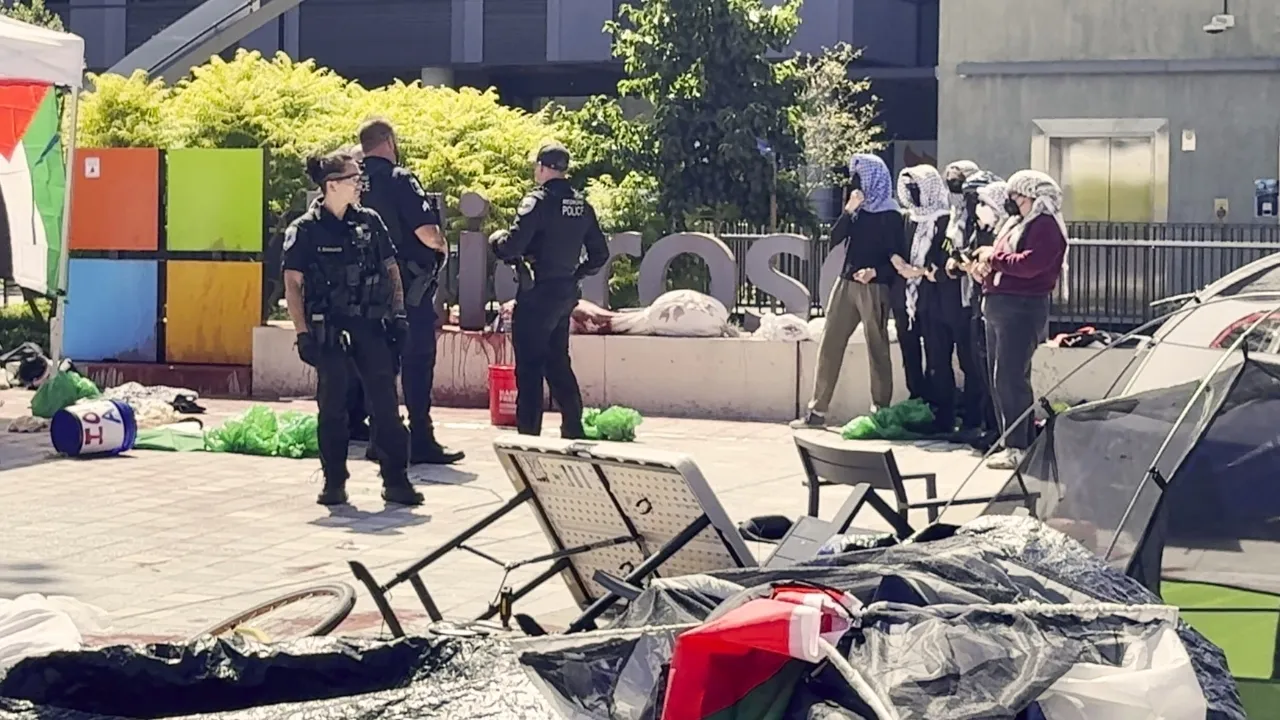
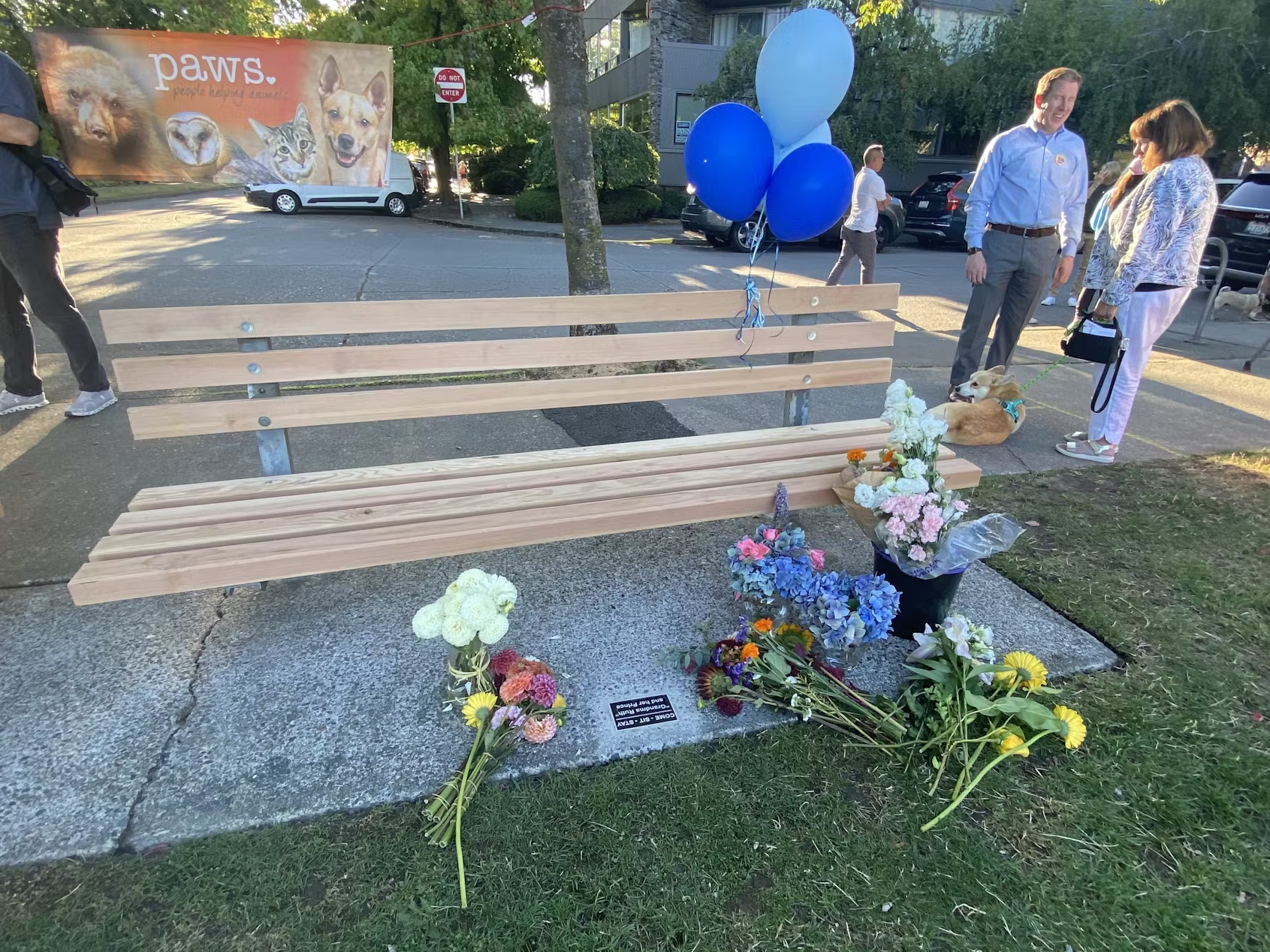
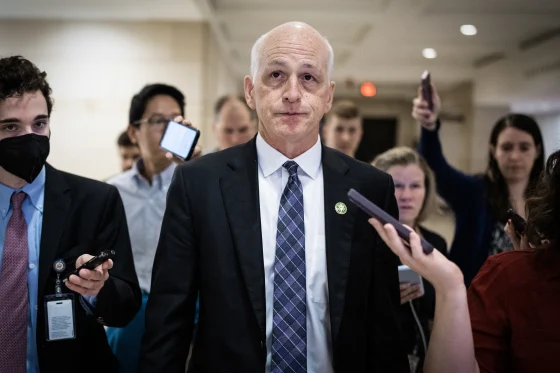
Leave a Reply